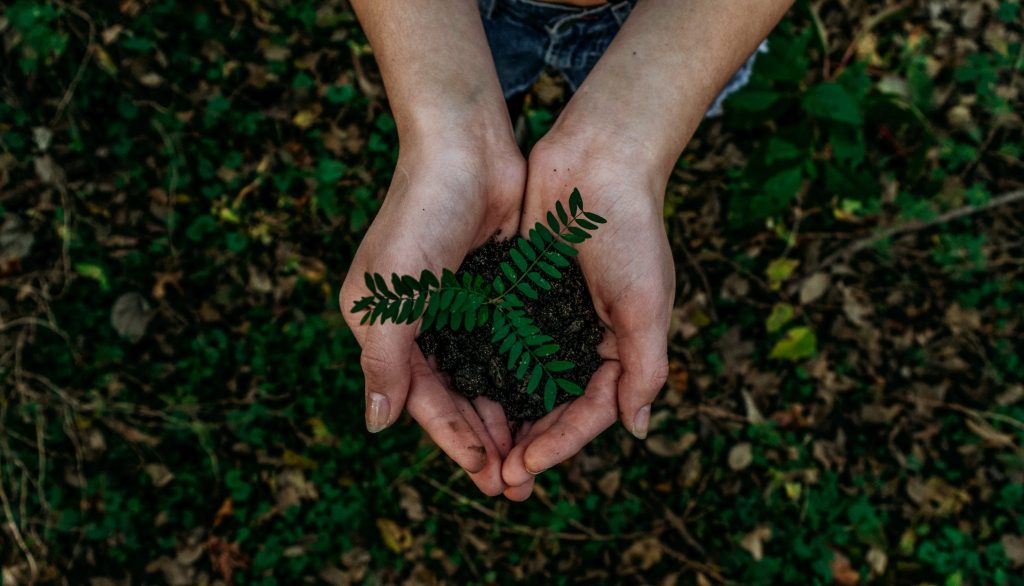When you plan an event, how often do you think about the effect it will have on the environment? Are you concerned about climate change and wish to make a difference? With rapid changes happening in the world around us, an increasing number of businesses are opting to hold eco-friendly, sustainable events. You can too, but first, let’s look at what it means.
What is an eco-friendly event?
The term simply means an event planned in a way that positively influences the environment. An eco-friendly event considers the event’s environmental effects, making an effort to use more natural resources, and less energy, as well as limit general waste.
Here are a few basic steps that you can include in your event planning to make it more suitable.
Minimise printing
One of the simplest things you can do to minimise your carbon footprint is to avoid sending out printed invitations. Instead, opt to go paperless by sending invites through e-mails, SMS, or social media, saving you the printing fees as well as that glossy paper! You can easily communicate with your guests using any of these online platforms, ensuring you save the use of brochures or pamphlets that would be of no use once the event is over. Moreover, you can also use an event app to help you stay in touch with your guests.
Careful catering
By offering local cuisine, you can ensure a sustainable event. To reduce food waste, make sure you have enough for the number of participants attending the event. Speak with local caterers or restaurants who employ fresh, local ingredients in their dishes. Furthermore, paper cutlery or eco-friendly disposable and all-natural cutlery manufactured from coconut husks or bamboo would be a fantastic substitute for the traditional plastic ones.
Say “no” to plastic bottles
When sending out event information, make it clear that no single-use plastic water bottles will be offered at the venue since you’re having a sustainable event. Water fountains at the venue, on the other hand, will guarantee that there is an adequate supply of fresh, drinking water. Attendees can always bring their own bottles and fill them up as required throughout the event.
Managing waste
Is your event location recycling waste? If not, you’ll need to devise a strategy and enlist the assistance of a recycling firm to dispose of it. Make sure that the plastic, recyclable items, and food waste bins have clear signs on them to avoid any confusion.
Sustainable decorations
Flower decorations to enhance the ambiance of your event may seem to be the most obvious choice. But when you consider the environmental effect of flower cultivation, you may reconsider. Massive water use, plastic packaging, transportation, and a variety of other factors all play a role in the manufacturing of these flowers. Instead, choose local, organic flowers cultivated through drip irrigation or rainwater collection. When you decide to utilise fair-trade flowers, you have several gorgeous flower arrangement alternatives.
Post-event awareness
Of course, this isn’t essential, but if you’re hosting a small-scale sustainable event, thanking your guests with little potted saplings afterward might be a great idea. This way, you can share the message of planting more trees while also giving your followers some food for thought. Don’t forget to get eco-friendly pots, though!
Remember that you can always alter your event in several ways to suit sustainability. With these essential tips, you now know where to begin.
Happy planning!
